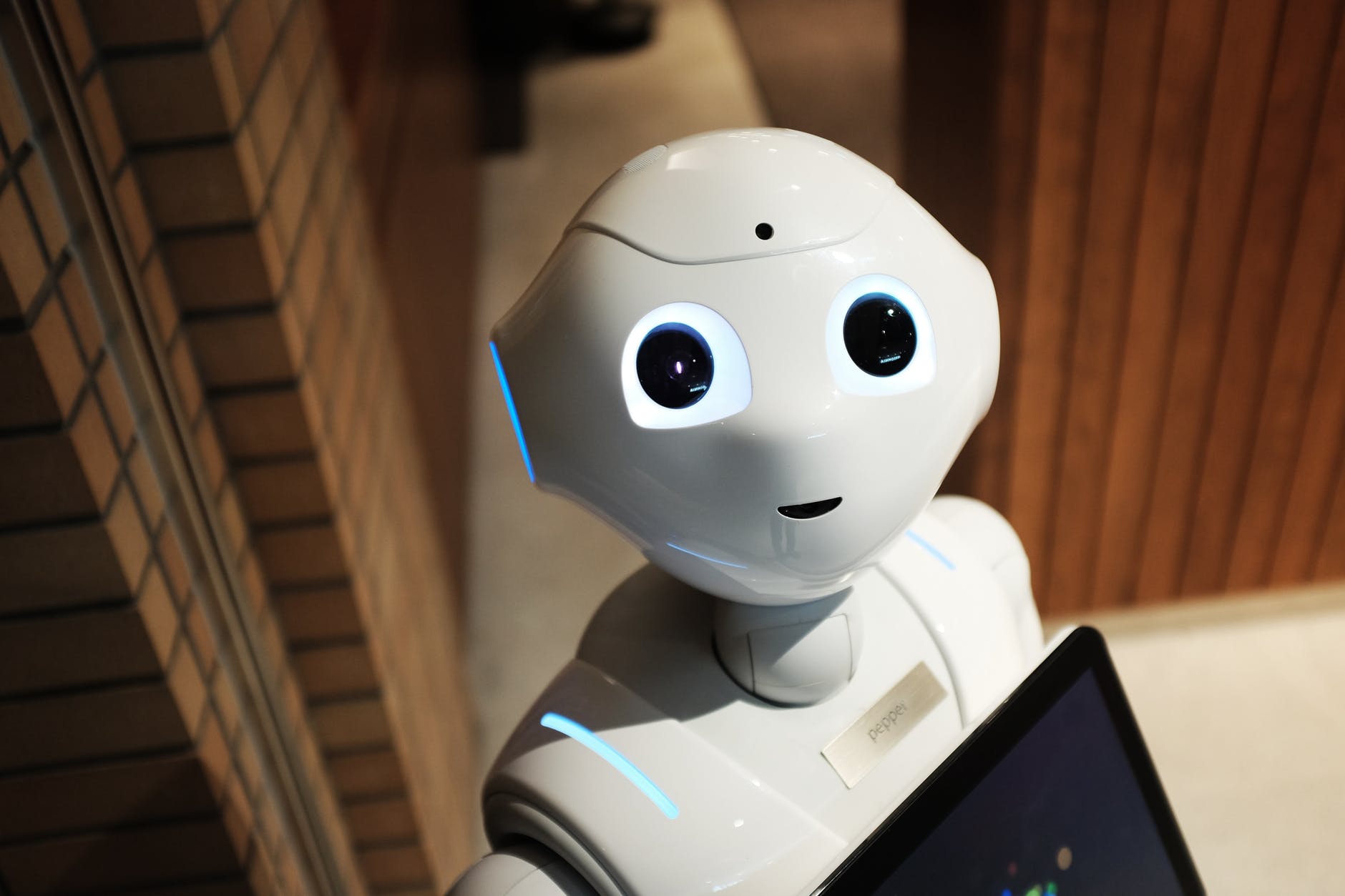
Customer Relationship Management (CRM) is essentially the process of handling interactions and communications with existing and potential customers. After completing my Hubspot Software Hub certification and creating my first Knowledge Base this week, I wanted to look deeper into CRM and explore the impact of AI, particularly Machine Learning, on it’s various processes. Machine Learning is behind many virtual processes that we encounter on a daily basis such as targeted ads, spam detection, facial recognition and voice assistant services. Before we explore Machine Learning in CRM, let’s break down what Machine Learning actually is…
What is Machine Learning?
A subcategory of Artificial Intelligence whereby machines are algorithmically programmed to automatically perform tasks and improve the efficiency, accuracy and desired success of their actions without human intervention. This can be achieved through three important methods…
- Supervised Learning
Allows a system to find a relationship between input and output variables in a dataset. As the system repeats the process, it gains experience whereby it can predict future outputs from a new set of input data. Useful for market forecasting, customer retention and finding a customer lifetime value.
- Unsupervised Learning
Essentially involves a large quantity of input data with no specific output data. The system’s role is to analyse the data and recognise patterns. Spam detection in emails as well as targeted promotional posts on social media commonly use unsupervised learning.
- Reinforcement Learning
Programmes a system to learn how to achieve a goal through a trial, error, and reward process. The system’s algorithms teach it to adjust it’s actions based on feedback in order to reach the intended outcome, most commonly used in game design and robotics but also prominent in eCommerce when suggesting other products to consumers. A positive reinforcement being when a customer clicks on a suggested item.
What is the impact on CRM?
Your CRM software contains a valuable hub of data that can be analysed through these machine learning methods in order to acquire more data that can be turned into leads. Supervised Learning can be used for predictive lead scoring based on insights from top customers, thereby helping you to develop a targeted sales strategy to maximise engagement.
Furthermore, Supervised Learning can also be important for revenue forecasting and learning the patterns and timeframe of a typical lead lifecycle, refining this process over time in order to maximise efficiency and onboard potential new customers in the best possible way.
Additionally, Unsupervised Learning can facilitate more productive marketing campaigns. Through analysis of a wide range of customer data from real-time web analytics to the abundance of data available across social channels; Unsupervised Learning learning will process these analytics to help you identify the best time, most suitable content and most suitable potential leads to target.
Finally, I couldn’t write a blog about machine learning in CRM without mentioning the customer service chatbot! The chatbot combines all three machine learning methods in order to engage customers, troubleshoot issues before passing over to an agent and trigger events in the lead lifecycle.
The future of machine learning in CRM
So as it stands, further incorporation and development of machine learning in CRM has the potential to transform the customer lifecycle and disrupt the human roles involved in the sales, marketing and customer service process. Currently, ‘Salesforce Einstein’ is the most advanced customer success platform in its AI-driven capabilities. However, AI and machine learning is a lucrative prospect that is continually being developed and incorporated into the CRM process.
It’s estimated that by 2021, an additional $394 billion in revenue could be gained through AI adoption in CRM activities in the United States (Statista.com). AI stats from Forbes show that Chatbots increase Sales by 67% yet 87% of customers prefer humans to machines.
This leaves us with a customer success dichotomy: increased efficiency in automatic intelligent processes yet lack of human interaction and less emotive reassurance in handling individual queries. Forbes also argues that AI promises to enhance, not replace, the human component of sales. Therefore, I will conclude by summarising the ideal future of machine learning in CRM: reaching a level medium of artificial intelligence and human input, whereby machine learning provides an automated foundation of valuable data analytics behind a human element of sales, customer service and understanding.

